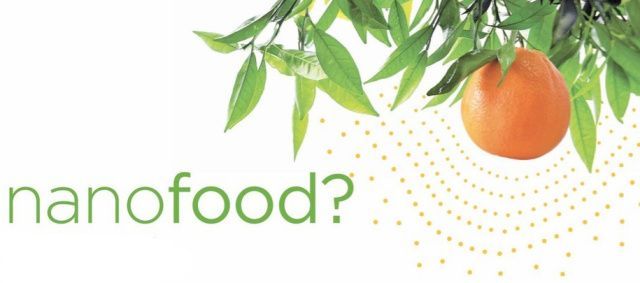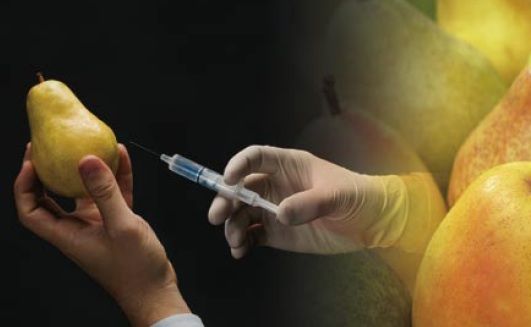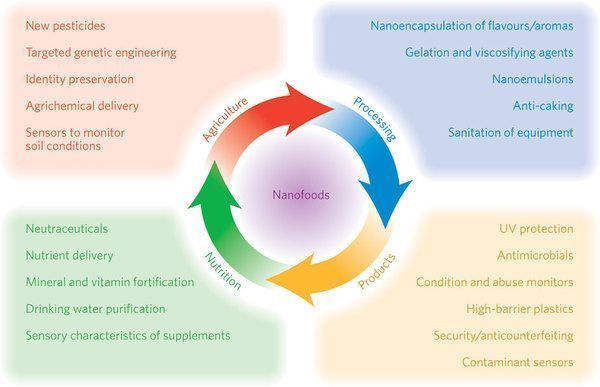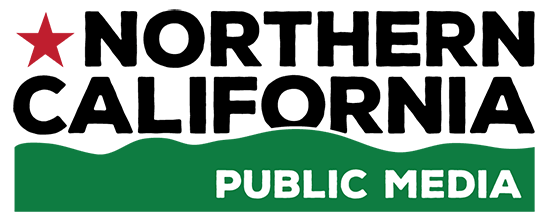 Nanotechnology changes things at the molecular level, creating microscopic substances that can enter the body through our skin, the air we breathe, and the food that we eat. And not even the people who make and sell that food really know what new particles are beginning to be included in it.
Nanotechnology changes things at the molecular level, creating microscopic substances that can enter the body through our skin, the air we breathe, and the food that we eat. And not even the people who make and sell that food really know what new particles are beginning to be included in it.
Nanotechnology is a rapidly advancing field, one that has far outpaced any efforts to test or regulate it, says Michael Passoff, Senior Strategist for the San Francisco non-profit, As You Sow, and lead author of their new report, Sourcing Framework for Food and Food Packaging Products Containing Nanomaterials.
 The primary basis for concern about nanomaterials, says Passoff, is quite simple. They are so small they can get into all sorts of things, with consequences that have not been investigated.
The primary basis for concern about nanomaterials, says Passoff, is quite simple. They are so small they can get into all sorts of things, with consequences that have not been investigated.
The possible applications of nanotechnology are virtually endless, says Passoff, and many may well prove to be highly beneficial. But they still need to be studied and tested.
.


 Live Radio
Live Radio